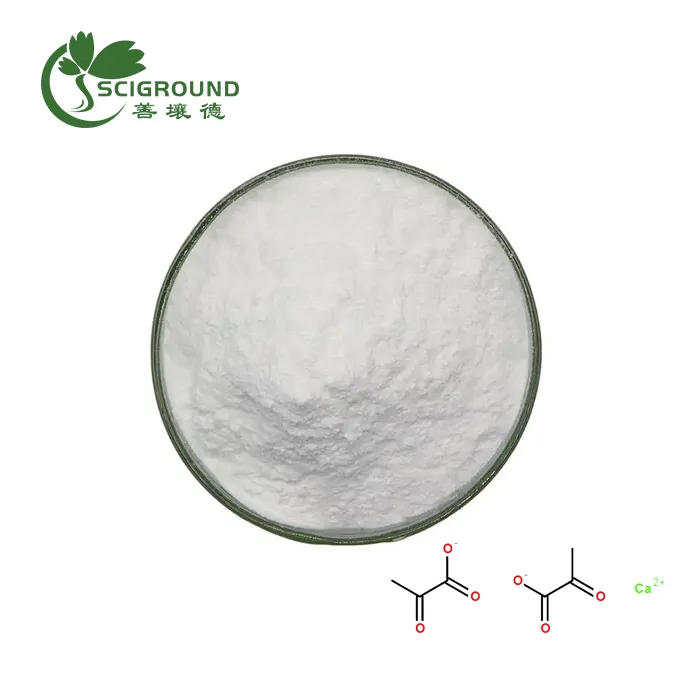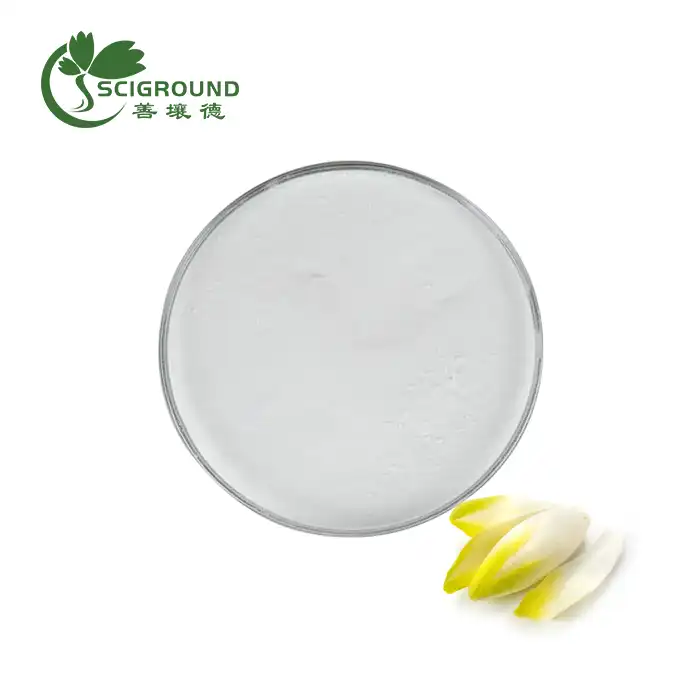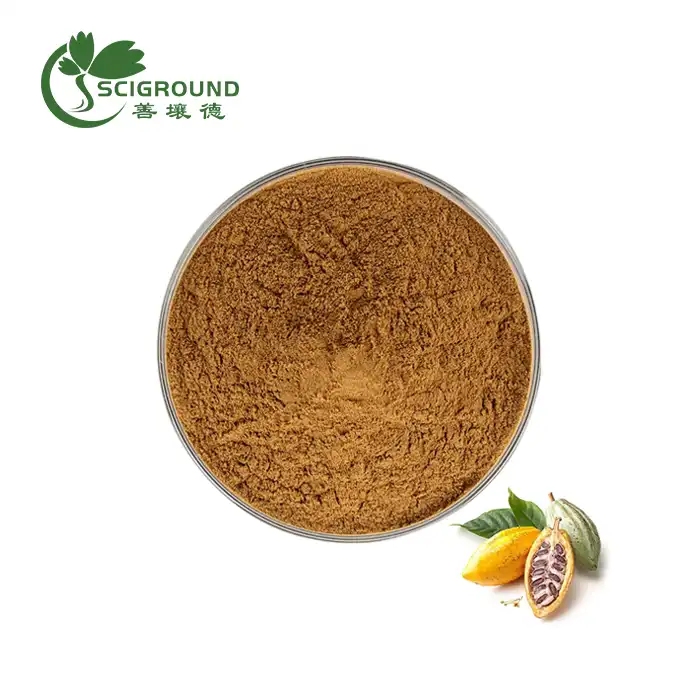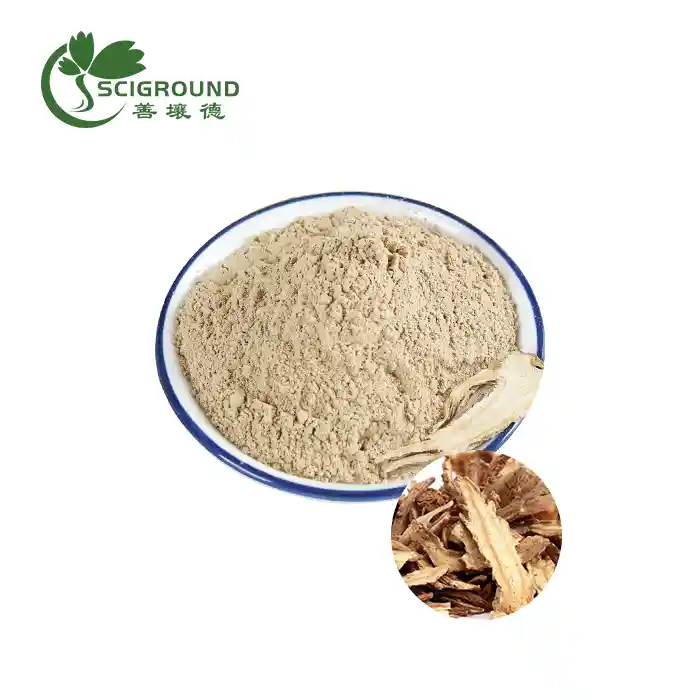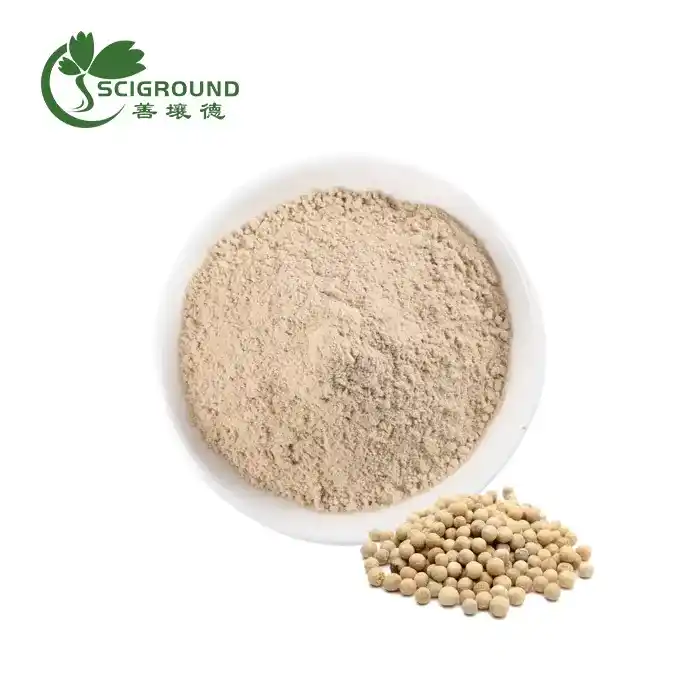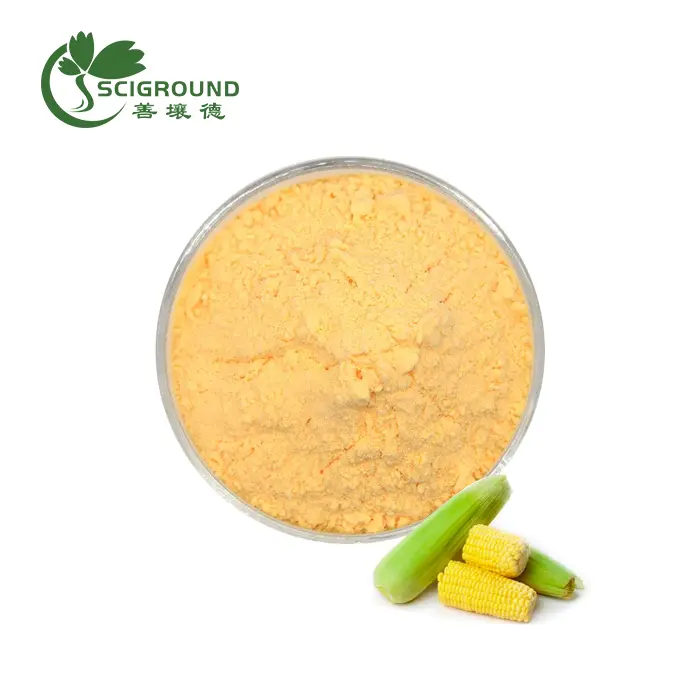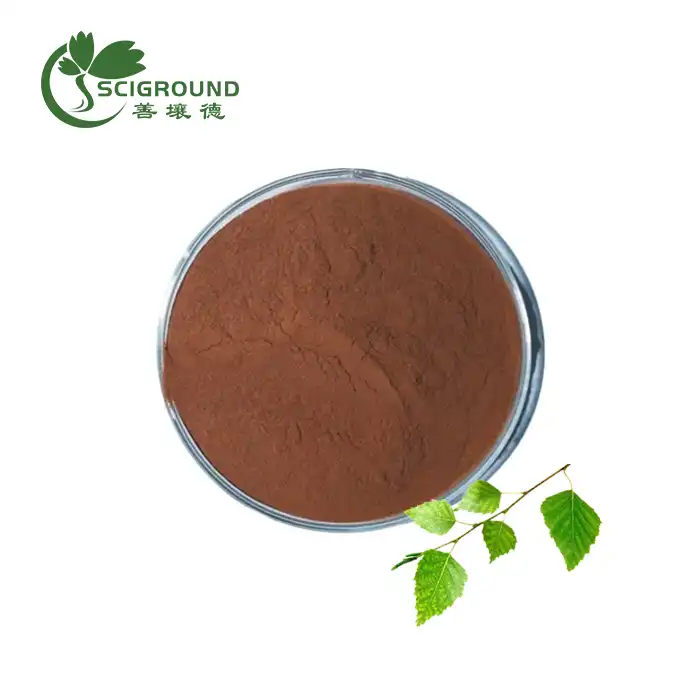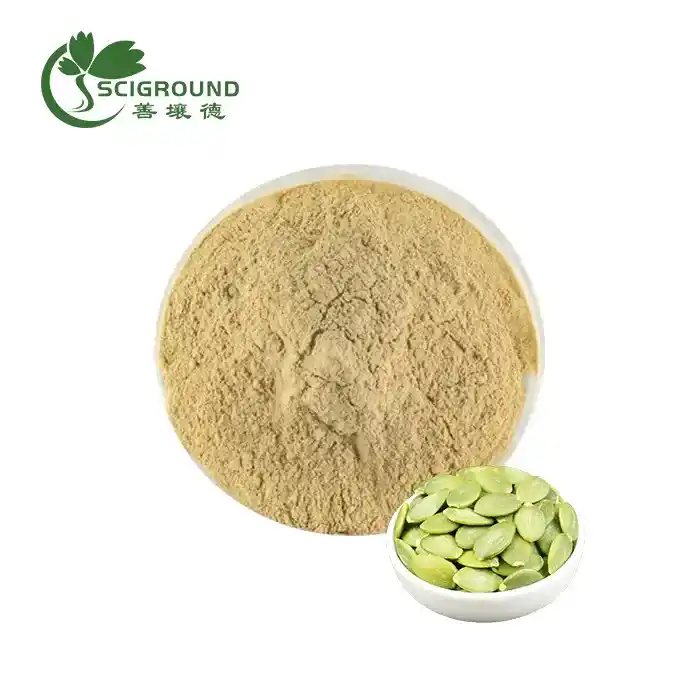Best Time to Take Inulin for Weight Loss
When adding inulin to the diet, start with small amounts. Begin by adding small amounts of inulin-rich foods to the diet regularly. When starting to take inulin supplements, some sources suggest beginning with no more than 2–3 g a day for at least 1–2 weeks. Slowly increase this before reaching 5–10 g a day.
Best Time to Take Inulin for Weight Loss
Determining the ideal time to consume Inulin for weight loss is a nuanced consideration that involves understanding its interaction with the body's digestive processes and metabolism. Research has consistently suggested that taking Inulin before meals can be strategically advantageous for those aiming to shed extra pounds. This strategic approach is rooted in the concept that Inulin, when introduced before meals, may enhance feelings of fullness, subsequently curbing overall calorie intake throughout the day.
However, the timing of Inulin consumption can be influenced by individual lifestyle factors, such as daily routine, dietary habits, and personal preferences. It's essential to explore the various facets of when and how to incorporate Inulin effectively into one's weight loss strategy.
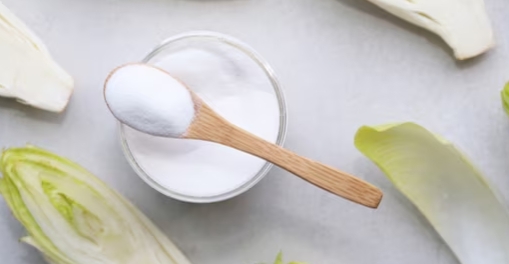
Can You Take Inulin on an Empty Stomach?
One common question that often arises in the quest for optimal Inulin consumption is whether it can be taken on an empty stomach. The answer is affirmative; you can indeed take Inulin on an empty stomach. In fact, doing so may offer specific advantages.
Consuming Inulin on an empty stomach allows for a rapid onset of its effects. It can jumpstart its action, potentially assisting in appetite control and stabilizing blood sugar levels throughout the day[2]. This can be particularly beneficial for those who prefer to kickstart their morning routine with a proactive step towards their weight loss goals.
However, it's important to note that individual responses to Inulin powder may vary. Some individuals might find it beneficial on an empty stomach, while others may prefer taking it with food to mitigate any potential discomfort. It's advisable to monitor how your body reacts and adjust your Inulin intake accordingly.

How to Take Inulin for Weight Loss?
Understanding how to incorporate Inulin into your daily routine is essential for reaping its weight loss benefits. Here's a practical guide on how to take Inulin effectively:
1. Pre-Meal Consumption:
Taking Inulin 15-30 minutes before meals is a recommended strategy. This timing aligns with its potential to enhance feelings of fullness, promoting satiety and reducing the likelihood of overeating during main meals.
2. Gradual Increase:
Begin with a small Inulin dosage, gradually increasing it over time. This allows your body to acclimate to the introduction of this prebiotic fiber, reducing the likelihood of digestive discomfort.
3. Consistency:
Consistency is key when it comes to Inulin consumption. Taking it regularly ensures a steady supply of its beneficial effects. Whether incorporated into your morning routine or spread throughout the day, maintaining a consistent Inulin intake can optimize its impact on weight loss.
Should You Take Inulin with Food?
The timing of Inulin consumption concerning meals is a common consideration. While taking Inulin before meals is often recommended for weight loss, incorporating it into your food can also be a viable option.
Adding inulin powder bulk to your meals can be a convenient and palatable way to include this prebiotic fiber in your diet. It can be seamlessly blended into smoothies, mixed with yogurt, or sprinkled on salads. This flexibility allows you to enjoy the benefits of Inulin while enhancing the nutritional content of your meals.
Choosing whether to take Inulin before or with meals ultimately depends on personal preferences and digestive responses. Experimenting with both approaches and observing how your body reacts can help determine the most suitable method for you.
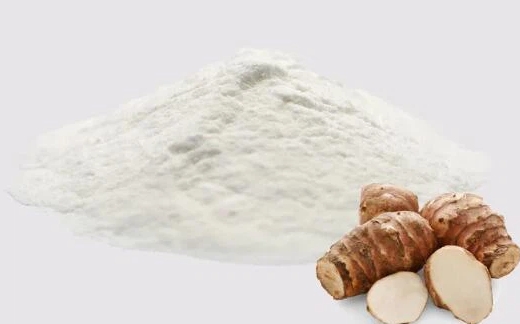
How Often Should You Take Inulin?
The frequency of Inulin intake is another aspect that individuals often seek clarity on. While there isn't a one-size-fits-all answer, establishing a guideline can be helpful.
- Start with Once a Day:
Initiate your Inulin regimen with a once-a-day approach. This allows your body to adjust to the introduction of this prebiotic fiber.
- Gradual Increase:
Depending on your comfort level and response, consider gradually increasing the frequency of Inulin intake. Some individuals may find benefits with twice-daily consumption, while others may prefer a more intermittent approach.
- Consultation with Healthcare Professional:
Seeking guidance from a healthcare professional can provide personalized recommendations based on your individual health needs and weight loss goals.
How Much Weight Can You Lose with Inulin?
The weight loss potential of Inulin is a multifaceted aspect influenced by various factors, including diet, exercise, and overall lifestyle. While Inulin is not a standalone solution for weight loss, incorporating it into a balanced weight loss plan may contribute to shedding those extra pounds.
Studies have explored the impact of bulk inulin on weight management, with findings suggesting positive associations[^3^]. However, it's crucial to view Inulin as a supportive element within the broader context of a healthy lifestyle. Expecting significant weight loss solely from Inulin intake may not be realistic, but its integration into a comprehensive weight loss strategy can contribute to overall success.
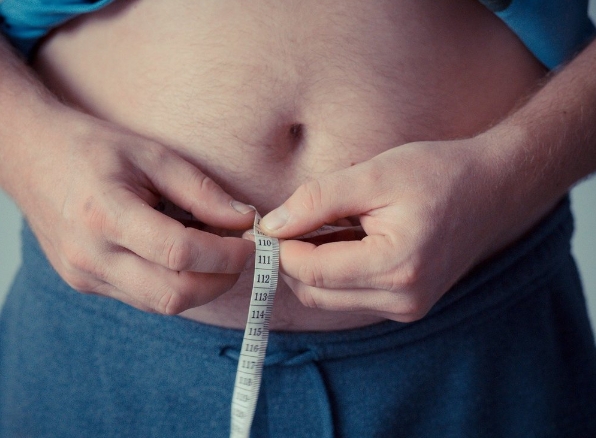
How Much Inulin Powder Per Day for Weight Loss?
Determining the optimal daily dosage of wholesale inulin for weight loss involves a balance between effectiveness and individual tolerance. While there isn't a universally prescribed amount, starting with a conservative approach is advisable.
- Start with 5 Grams per Day:
Initiate your Inulin journey with a modest 5-gram daily dosage. This allows your body to acclimate to the introduction of Inulin.
- Gradual Increase:
Depending on your response, consider gradually increasing the daily Inulin dosage to 10-15 grams. Monitoring how your body reacts and adjusting the dosage accordingly is a prudent approach.
- Individual Variability:
Recognize that individual responses to Inulin may vary. Factors such as metabolism, digestive tolerance, and overall health may influence the most suitable dosage for you.
How Does Inulin Get Rid of Visceral Fat?
Understanding the mechanisms through which Inulin may impact visceral fat is integral to comprehending its role in weight management. Visceral fat, the fat that accumulates around internal organs, is considered a significant health risk. Research suggests that Inulin may contribute to reducing visceral fat through its interaction with the gut microbiota.
- Modulation of Gut Microbiota:
Inulin serves as a prebiotic, promoting the growth and activity of beneficial bacteria in the gut. A healthy gut microbiome, nurtured by prebiotics like Inulin, has been associated with a reduction in visceral fat accumulation[5].
- Enhancing Gut Health:
The relationship between gut health and visceral fat is complex. Inulin's ability to foster a diverse and balanced gut microbiota is believed to play a role in mitigating the accumulation of visceral fat.
- Anti-Inflammatory Effects:
Inulin has demonstrated anti-inflammatory properties. Chronic inflammation is linked to visceral fat deposition, and by mitigating inflammation, Inulin may indirectly contribute to reducing visceral fat[5].
Understanding these mechanisms provides insights into the interconnectedness of gut health, prebiotics like Inulin, and their potential impact on weight management, specifically in reducing visceral fat.
In Conclusion
In conclusion, the best time to take Inulin for weight loss is a dynamic consideration that involves strategic pre-meal consumption, allowing for enhanced feelings of fullness and appetite control. Whether taken on an empty stomach or with meals, the key lies in consistency and gradual adjustments based on individual responses.
Incorporating organic inulin powder bulk into your weight loss journey involves a thoughtful approach to dosage, frequency, and understanding its role as a supportive element within a holistic lifestyle. While Inulin offers potential benefits in weight management and visceral fat reduction, it's crucial to view it as part of a comprehensive strategy that includes a balanced diet, regular exercise, and overall healthy living.
As you embark on your Inulin-enhanced weight loss journey, consulting with a healthcare professional is advisable to ensure personalized recommendations aligned with your health goals.
For bulk wholesale inulin powder, please contact us at email: info@scigroundbio.com.
References
Smith, T. J., & McNamara, M. S. (2015). Inulin-type fructans and whey protein both modulate appetite but only fructans alter gut microbiota in adults with overweight/obesity: A randomized controlled trial. Molecular Nutrition & Food Research, 59(3), 424–434.
Cani, P. D., Lecourt, E., Dewulf, E. M., Sohet, F. M., Pachikian, B. D., Naslain, D., ... & Delzenne, N. M. (2009). Gut microbiota fermentation of prebiotics increases satietogenic and incretin gut peptide production with consequences for appetite sensation and glucose response after a meal. The American Journal of Clinical Nutrition, 90(5), 1236–1243.
Dewulf, E. M., Cani, P. D., Claus, S. P., Fuentes, S., Puylaert, P. G., Neyrinck, A. M., ... & Delzenne, N. M. (2013). Insight into the prebiotic concept: lessons from an exploratory, double blind intervention study with inulin-type fructans in obese women. Gut, 62(8), 1112–1121.
Slavin, J. (2013). Fiber and prebiotics: mechanisms and health benefits. Nutrients, 5(4), 1417–1435.
Dewulf, E. M., Cani, P. D., Neyrinck, A. M., Possemiers, S., Holle, A. V., Muccioli, G. G., ... & Delzenne, N. M. (2011). Inulin-type fructans with prebiotic properties counteract GPR43 overexpression and PPARγ-related adipogenesis in the white adipose tissue of high-fat diet-fed mice. Journal of Nutritional Biochemistry, 22(8), 712–722.
ABOUT AUTHOR

Celine Xu is a botanist with over 15 years of experience researching and developing plant extracts for nutritional and pharmaceutical applications. She leads an R&D team focused on identification, cultivation and extraction of medicinal plants. Celine Xu earned a Ph.D. in Plant Biology from UC Berkeley and has authored numerous articles in peer-reviewed journals about the health benefits of specific phytochemicals. She frequently speaks at industry conferences about new developments in plant extract research. Celine Xu is dedicated to advancing the scientific understanding of how targeted plant compounds can be used to improve human health.
Related Industry Knowledge
- What do anthocyanins do to your body?
- What are the benefits of Acteoside?
- What is Actaea racemosa used for in medicine?
- What is Achyranthes aspera used for?
- What Are the Benefits of Pea Protein Powder
- Is it better to take inositol powder or capsules?
- how to use stevia leaves
- Is Vitamin B6 Powder the Ultimate Wonder Nutrient?
- Unveiling the Potential Benefits of Stephania Extract: A Comprehensive Guide
- Do bcaas have calories
